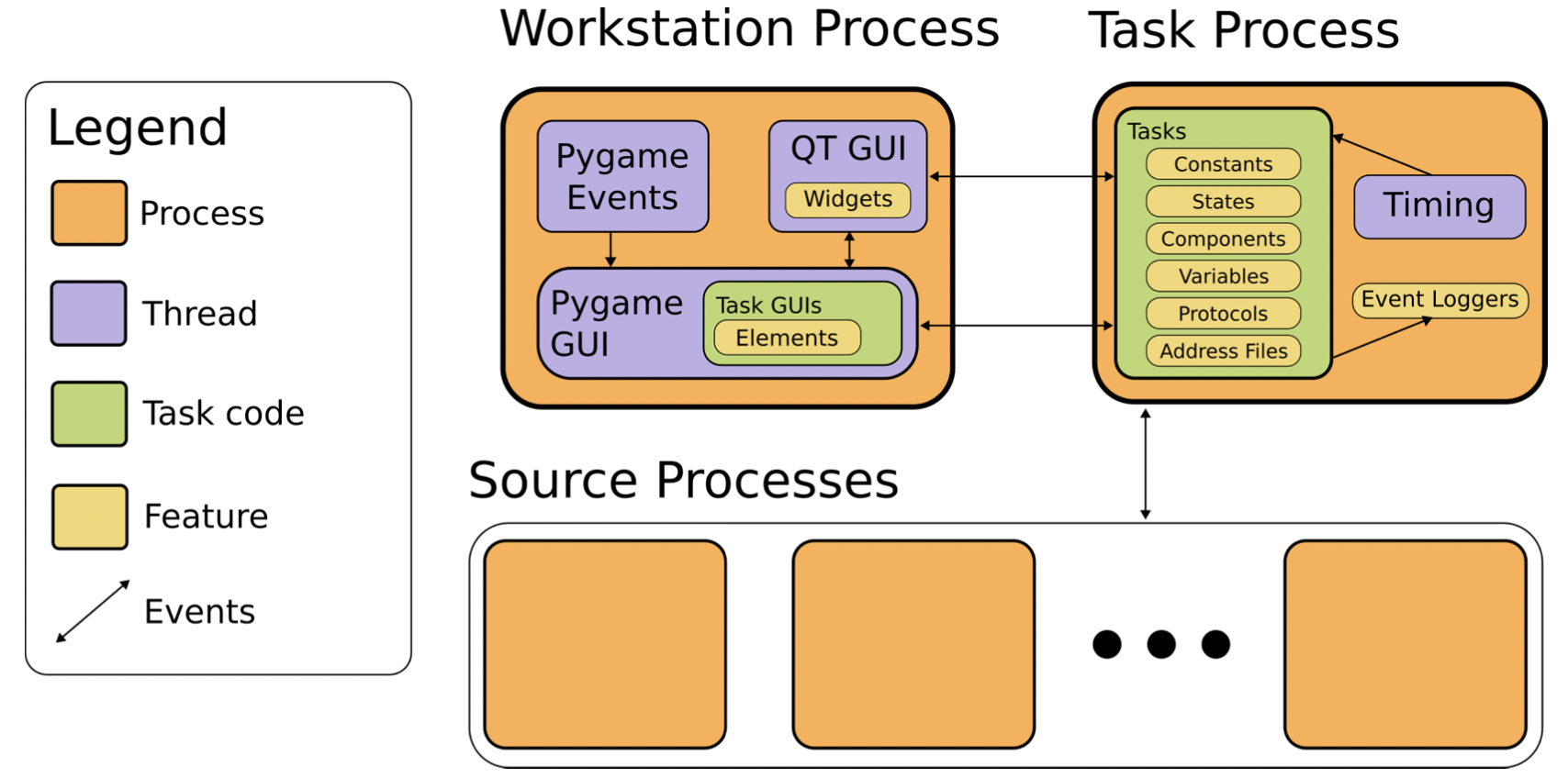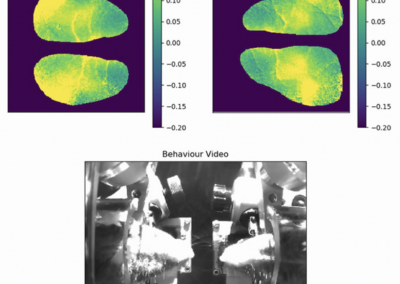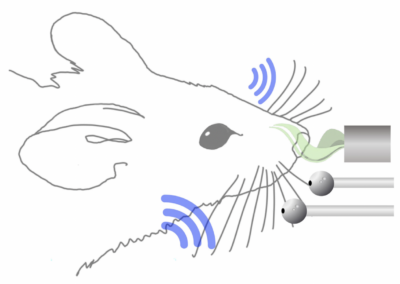Pybehave

Evan Destin-van Rijn and colleagues in Alik Widge‘s Translational NeuroEngineering Lab at the University of Minnesota recently shared their preprint on their new Python-based framework, Pybehave with us.
Pybehave is a Python-based framework for designing and controlling behavioral experiments in animals. The framework allows users to develop, perform, and control behavioral tasks. The software is built to be independent from any one hardware, which is often a restriction of standard animal behavior analysis softwares. Hardware independence reduces costs by not restricting users to hardware they must purchase from corresponding software developers, and allowing them to use whatever hardware they deem appropriate for their design.
Pybehave is based on two GUI frameworks — QT and pygame. The framework is optimized by multiprocessing and multithreading processes, allowing for multiple experiments, tasks, hardware tools, events, and sources, to be utilized at once.
This recent development allows for more autonomy when designing and running behavioral neuroscience experiments. Pybehave can be applied to many different behavioral designs, and a repository of these applications has been developed. Furthermore, the repository includes tutorials for all experience levels and needs.
This research tool was created by your colleagues. Please acknowledge the Principal Investigator, cite the article in which the tool was described, and include an RRID in the Materials and Methods of your future publications. RRID: SCR_025406
Special thanks to Abby St. Jean, a neuroscience undergraduate at American University, for providing this project summary.

Access the code from GitHub!
Check out the repository on GitHub.




